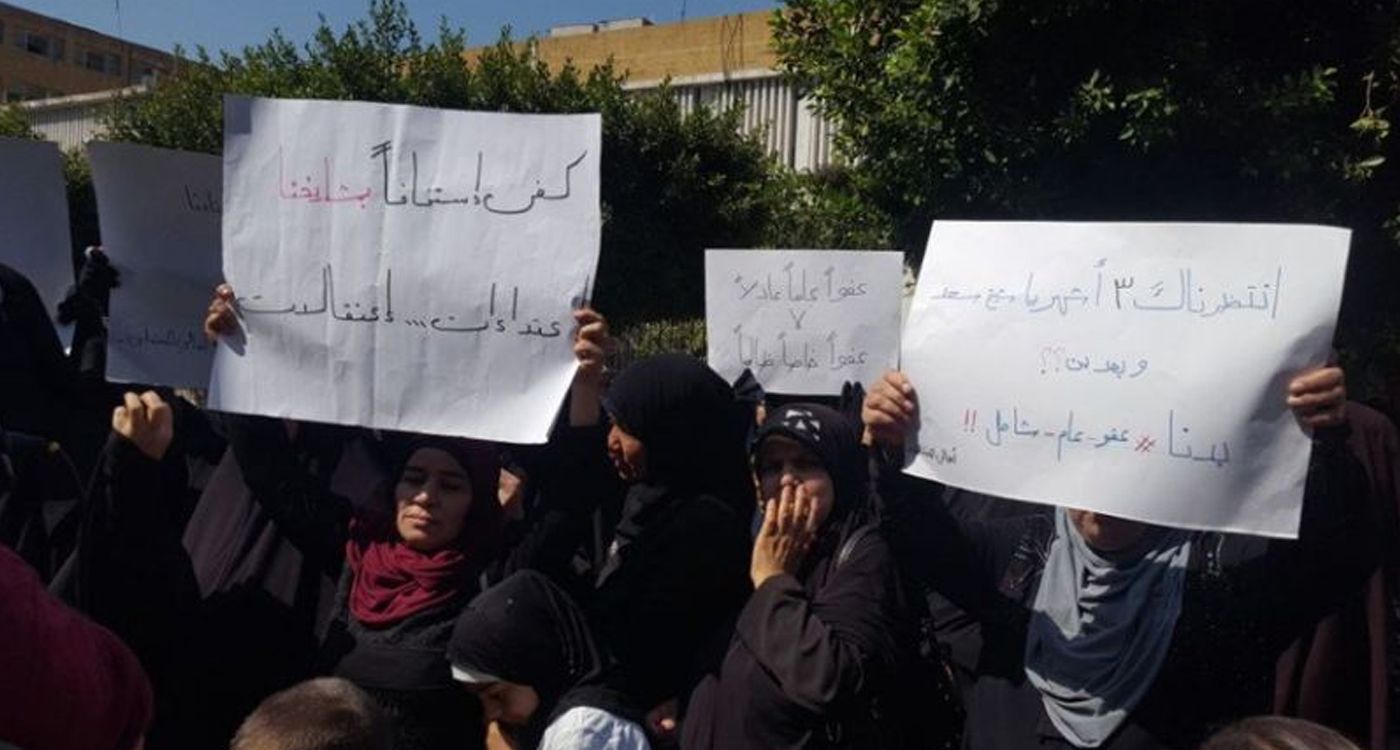
“Islamist” detainees in Lebanon who were arrested following the “Arab Spring” movement in 2011 represent a dormant case that is being readdressed today after the collapse of Bashar al-Assad’s rule on December 8, 2024.
Mediator and head of a sectarian conflict resolution group Lea Baroudi raised the concern, revealing that “there are cases where people will become more radicalized while in prison, because Lebanon’s prisons lack rehabilitation centers.”
In an interview with This is Beirut, Baroudi underscored that many of these detainees are from northern Lebanon and Saida and “are not confined to a specific place where there was a political conflict.”
“There are those who committed crimes and those who didn’t,” she added, indicating that “we cannot deal with this file in an indiscriminate manner as the state must be responsible and expedite this issue because most of them have not yet been tried.”
To demand the release of all Islamists and the enactment of a nationwide amnesty law, dozens of families of Islamists incarcerated in Lebanese jails from northern Lebanon, southern Lebanon and the Bekaa marched to the entrance of Roumieh Central Prison on Tuesday, December 10, 2024.
Participants in the sit-in argued that the reasons for prosecuting Islamists no longer exist after the fall of the Assad regime, as they attribute their imprisonment to their “support for the Syrian revolution.”
In their statements, participants expressed their belief that there is a “higher chance than ever” for Islamist convicts to be released from prison now.
The Islamist inmates’ building is located at Roumieh Central Prison’s Building B. It includes 482 Lebanese, Syrian and Palestinian inmates, according to security sources. Of these, 25 have been given death sentences, and 75 were sentenced to life imprisonment, the others are still being held for trial.
The arrests of prisoners were related to bombs in Ruwais, Burj al-Barajneh, Haret Hreik and other parts of Lebanon between 2003 and 2020, including the incidents in Nahr al-Bared, Jabal Mohsen, Bab al-Tabbaneh, Abra and Arsal. Others were charged with being members of terrorist cells associated with ISIS and Jabhat al-Nusra, including those who fought alongside different groups in Syria before traveling to Lebanon, where they were detained and put on trial by the Permanent Military Court in Beirut.
According to Baroudi, “many came out innocent after 5 and 6 years of imprisonment, so many look at this issue as discretion in judicial handling, and this is a problem because there should be a state of law.”
Furthermore, she believes that the main issue is “not applying the law in a fair manner,” and this requires a careful case-by-case review.
“If we don’t build a sound social contract based on recognizing the mistakes of the past, there is an issue, and there must be a review to achieve equality in Lebanon,” Baroudi disclosed.
By definition, a person who fervently adheres to Islamic principles and regulations is known as an Islamist. This is not against any Lebanese law, provided that they do not offend any other religion.
Hence, expediting this file now comes as a priority since there will be less political pressure on the work of the judiciary, and rulings should be issued to determine innocent from guilty.
Lea Baroudi highlighted one additional fact: if detainees become more radical, they will jeopardize civil peace in the future, and this represents the main reason why imprisoned Islamists should be classified, and each case should be tackled according to evidence.
As she puts it, “We must distinguish between a prisoner who has committed crimes and a political prisoner, and this should be the starting point to correctly address this matter and seek a successful solution, not a new problem.”




Comments